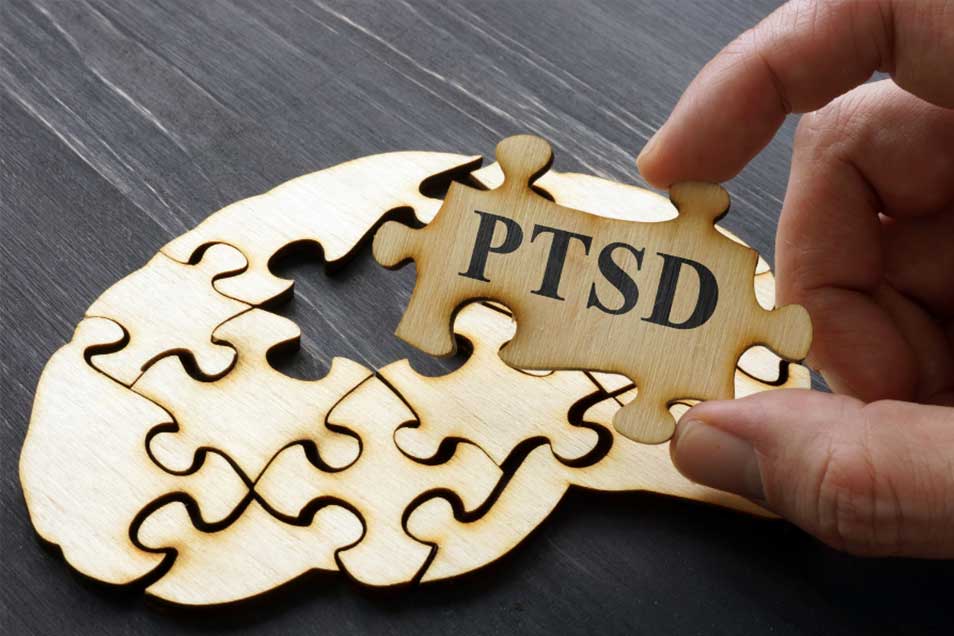Healing from the Warzone at Home
Returning home from a warzone can bring many worries, anxieties, and fears. As your mind attempts to cope with the memories and traumas you have experienced, you may find yourself experiencing symptoms of PTSD and anxiety that can impact your health, familial relationships, and ability to enjoy life.
PTSD Awareness: How Do I Know if I Have PTSD?
Post-traumatic stress disorder(PTSD) is a mental health condition that some individuals develop after experiencing a traumatic, shocking, terrifying, or dangerous event. While it is completely normal to experience fear during and after experiencing a traumatizing event, those who develop PTSD will find that their symptoms do not appear to fade as time goes on.
The symptoms of PTSD typically manifest within the first three months after the traumatic event has occurred, although they can manifest later. A diagnosis of PTSD requires an individual to experience PTSD symptoms for longer than one month, severely enough for them to have a negative impact on the individual’s quality of life. The signs and symptoms one can watch for include:
- Nightmares and flashbacks related to the traumatic event
- Distressing, unwelcome thoughts
- Excessive feelings of stress triggered by thoughts of the traumatic event
- Avoiding situations that remind you of the traumatic event
- Feeling on edge and irritable
- Angry and aggressive outbursts
- Changes to eating and sleeping patterns
- Participating in reckless behaviors
- Being easily startled
- Negative thoughts about oneself, other people, and the world
- Social isolation
- Trouble remembering essential pieces of the traumatic event
- Dissociation and withdrawal
Coping with PTSD at Home
Learning to cope with your PTSD can be so important to living a happier, healthier life. A few coping techniques you can try include:
Practicing Mindfulness Techniques
Mindfulness practices focus on living in the present moment. Practicing mindfulness can be simple, including techniques like feeling the breeze on your face as you take a walk outside, focusing on the sensations you feel as you eat dinner, and paying attention to your breath. Research has suggested that mindfulness practices can be helpful in anxiety counseling and in reducing the symptoms of PTSD. The two significant parts of mindfulness practices are paying attention to the present moment and accepting your present thoughts and experiences without judgment.
Talk About it
When you bottle up your emotions, thoughts, and feelings, it can have a devastating impact on your mental health. Seek a support group for veterans. Open up to your friends. Talk to your partner. Don’t let your fears and emotions fester. Let your loved ones support you through this time. You may find that the support and validation they can offer you can bring relief.
Give Journaling a Try
Similarly, to opening up to a loved one, journaling has been shown to be an excellent form of expressing one’s thoughts and feelings, helping them cope with the symptoms of anxiety and PTSD. Studies have suggested that journaling can be particularly helpful in improving coping and resiliency, growth, and reducing stress and anger.
We Are Here for You
One of the most important things you can do for yourself is to seek the help of a mental health professional. Our experienced and compassionate counselors are here to help you understand why you feel this way and find the treatment you need to begin feeling happier and healthier. Contact us today!
References
https://www.nimh.nih.gov/health/publications/post-traumatic-stress-disorder-ptsd
https://www.ptsd.va.gov/gethelp/mindfulness_tx.asp
https://link.springer.com/article/10.1007/s10879-014-9292-x
Keywords: PTSD awareness, anxiety counseling, Post-Traumatic Stress Disorder, marital counseling, veterans


